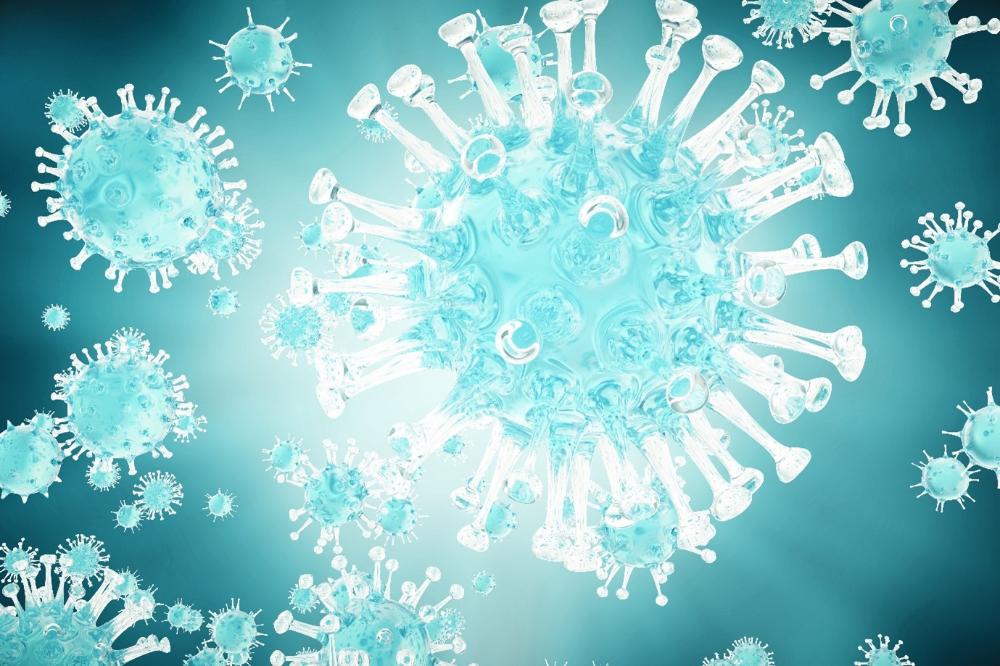Cell and Molecular Biology - CAG-IBD
Cell and Molecular Biology Unit
In this unit we explore microbiota-host interactions and IBD patient-derived ex vivo model systems for individual characteristics and differences in immunological and drug responses. We perform a range of advanced molecular analyses of patient material; and use state-of-the-art patient-derived models for functional studies to understand how interactions between microbiota, intestinal epithelium and immune cells disturb or contribute to inflammation, regeneration of the intestinal epithelium and mucosal healing in IBD. The work is performed in close collaborations with the other research units in the CAG-IBD.
Objectives for ongoing research activities:
- Characterize the presence and frequency of commensal and pathogenic microbiota (bacteria and viruses) in IBD patients for possible associations with disease remission or aggravation.
- Investigate signal transduction and cellular responses in patient-derived cells to understand how interactions between signals from microbiota (viruses, bacteria, fungi), intestinal epithelium and immune cells contribute to IBD pathobiology.
- Refine experimental platforms allowing co-cultures of intestinal cells, immune cells and microbiota; and use patient-specific material as tools in IBD-precision medicine.
- Characterize organoids from a cohort of diseased including individuals with unique phenotypic or genetic variations to better understand IBD heterogeneity.
- Establish methods for genetic modification of patient-derived organoids.
- Use approved and investigational IBD-drugs to both gain insight about their modes of action, and as experimental tools to understand heterogeneity in treatment responses.
- Evaluate patient-derived organoids as drug testing platform and correlate with clinical outcome.
Unit Leaders
-
Torunn Bruland Top-level researcher, Co Leader CAG-IBD, Unit leader for Gastroenterology, inflammation, and clinic-based research
+4792208953 +4772825324 torunn.bruland@ntnu.no Department of Clinical and Molecular Medicine -
Marianne Doré Hansen Researcher
+4741283928 marianne.hansen@ntnu.no Department of Biological Sciences Ålesund
